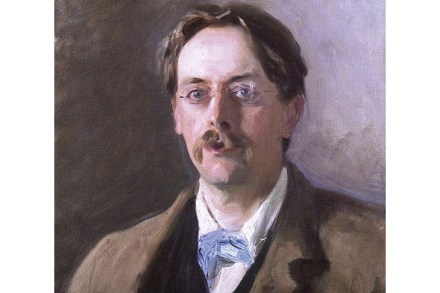How far can we trust the men in lab coats?
A month ago the Lancet and the New England Journal of Medicine each retracted a major study on Covid-19 drug therapies. One article had been up for more than a month, the other for less than two weeks. Both were based on faked data. That the rush to publish on Covid-19 led established researchers, reviewers and journals to skip elementary checks is deplorable, if not entirely surprising. But is there a more deep-seated crisis in scientific research? Stuart Ritchie claims an epidemic of ‘fraud, bias, negligence, and hype’. Alas, he overhypes his own argument. In 2011 this book would have been a wonderful path-breaker. Back then, a reputable psychology journal





















